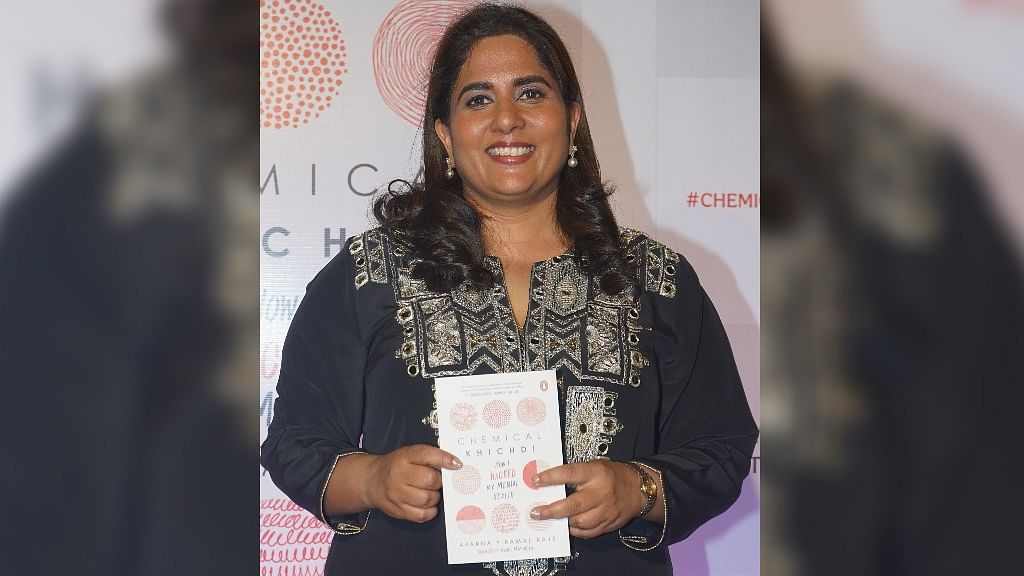
Aparna Piramal Raje, 46, is a successful author, columnist, motivational speaker, and educator. However, alongside her successful and seemingly perfect life is a silent adversary called bipolar disorder—a mental ailment that affects 1 in 150 persons in India, 70 per cent of whom remain untreated.
Bipolar disorder causes extreme mood swings that include emotional highs and lows. Raje, officially diagnosed as bipolar in early 2013, talks about her condition and how she dealt with it in her new book "Chemical Khichdi: How I Hacked My Mental Health."
"I wrote a note called '10 Things I've Learnt About Being Bipolar' for my mental health professionals, friends, and family in late 2014," said Raje to DH. "They liked it, and I then shared it with my book club in 2015, who thought it could serve as a prototype for a book."
'Chemical Khichdi' is a pathway to mental wellness for anyone interested in the subject. It presents universal tools, techniques, and therapies that have helped Raje recover and find equilibrium.
"The experience of being bipolar is about living with mood swings," said Raje. "Sometimes, these are extreme, such as mania and depression. When I am manic, I lose sleep and have many racing thoughts and energy. When I'm depressed, I am the opposite—full of hopelessness and despair."
"Initially, I was in denial and uncomfortable with the 'label' bipolar. I was unwilling to seek medication and unsure which medical practitioner to trust," she said. "Then, with the right help, there was a learning phase. Once I had a basic handle on the condition, I could progress into the 'thriving' phase where I learned to live and flourish with it."
Unlike many others with the condition, Raje was fortunate to have a supportive ecosystem in terms of immediate and extended family, friends, colleagues, mentors, and groups like her book club and writer's club.
"My mantra is 'mental health is a team sport'. One needs the help of many people to heal, and caregivers, in particular, need each other," she said. "I think one of the reasons that people have responded so positively is because I shared my vulnerability with them and asked for help and advice. Most people do not reach out and share their pain."
According to the World Mental Health Atlas (2014), there were 0.3 psychiatrists per lakh of the population in India. In addition, according to the National Mental Health Survey 2016, about 130 million people require mental health services. So is the gap being filled?
Raje believes that while the government, private and social sectors are trying to address the gaps with new initiatives, they're not enough.
"We have a long way to go. I hope 'Chemical Khichdi' can help make a dent in the dialogue around mental health in India somehow."
(Kartikeya is a journalist from Delhi passionate about covering culture, politics, conflict, food, and human interest stories.)